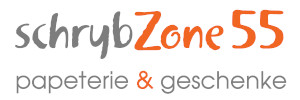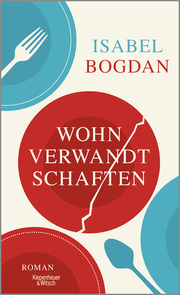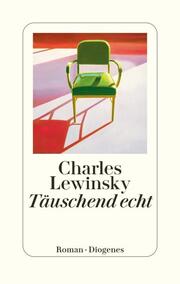Beschreibung
Mythic Paradigms in Literature, Philosophy, and the Arts approaches literary and visual texts from the perspective of Hesperian identification and representation. Included is the first translation into English of Fichte’s Supplement of 1801, a document whose content sheds light not only on the atheism controversy of the 1790s, but also on literary/philosophical polarizations in the «Republic of Letters». Condensed from the Hesperian atmospherics of Italy and Latin elegy, Faust II entails a Goethean celebration of auditory and visual sensation. In a text devoted to Shelley, Gregory Corso is seen elaborating a prosopopoeia involving Hypnos, god of sleep, a figure dispelling the effects of reading – the hypnoticon. Eisenhauer reads Hölderlin in the context of Pindar, philosophical idealism, and autobiographical projection.
Autorenportrait
The Author: Robert Eisenhauer received a Ph.D. in Comparative Literature and German from The Johns Hopkins University. He is the author of Mythology of Souls (Peter Lang, 1987), as well as articles, reviews, and notes in Paideuma, The Lessing Yearbook, Glyph, and MLN. He participated in a 1990 National Endowment for the Humanities seminar at Harvard University and is the author of The Maya Railroad (1995), Sidereal Daylight (1997), and Hellas Borders (1999), poetic texts based on travels in the United States, Mexico and Europe.














